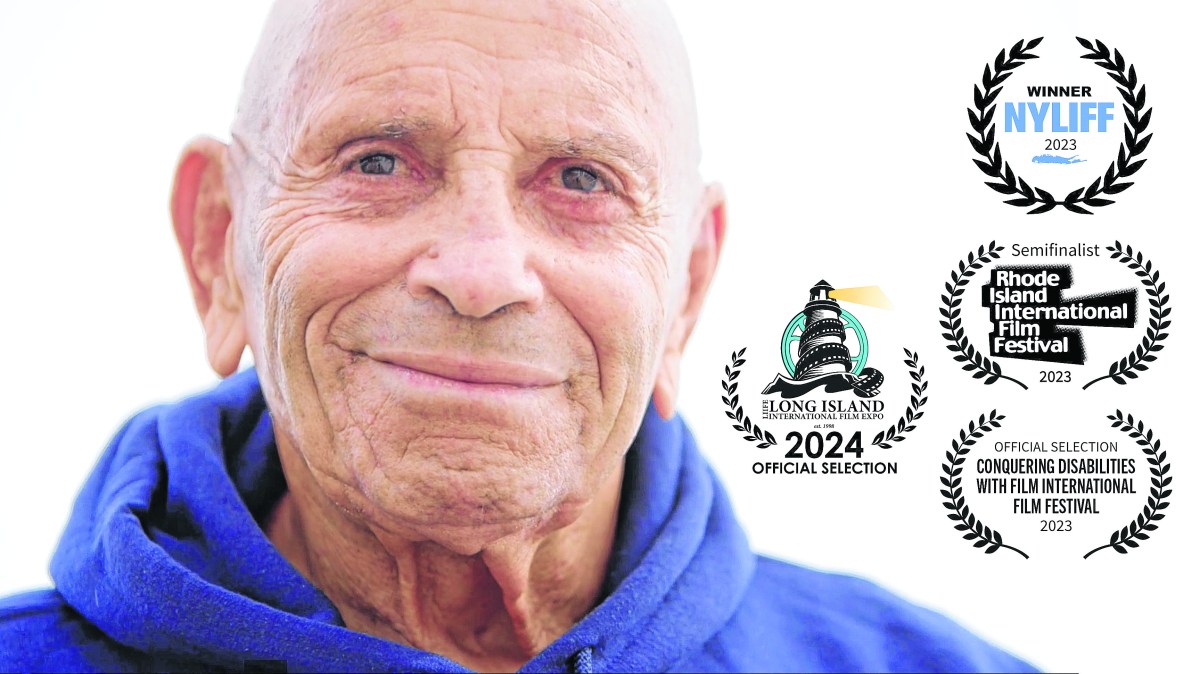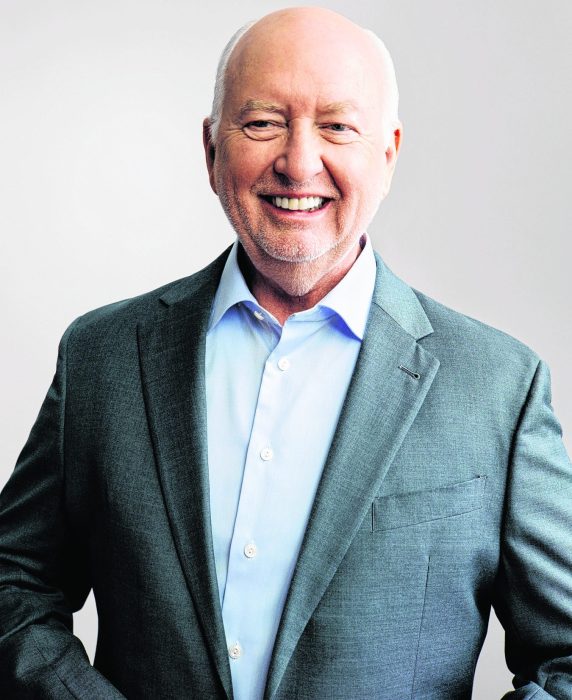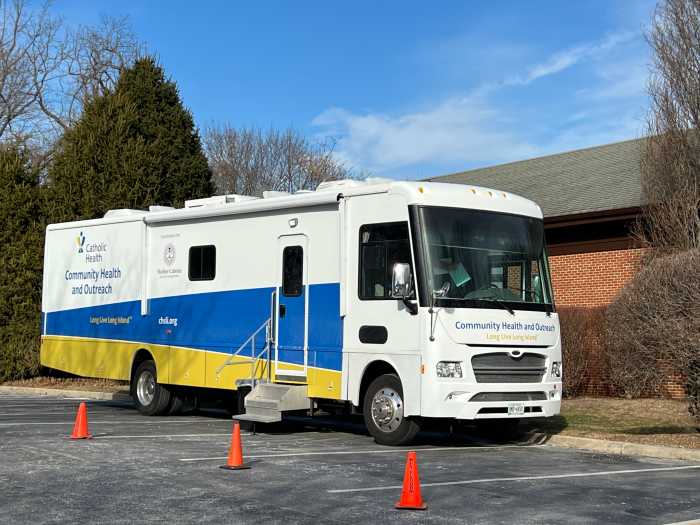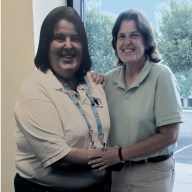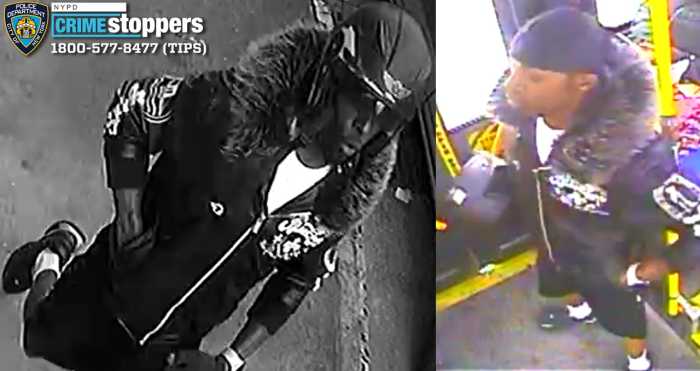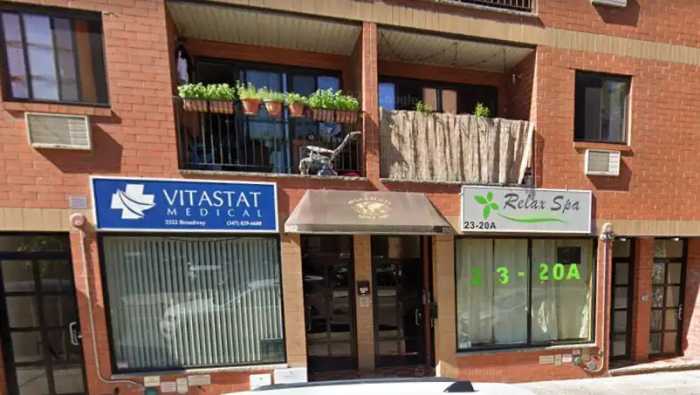Harvey Weisenberg: The Voice for the Voiceless, a documentary shown at the Long Island International Film Expo, is about Harvey Weisenberg, the former New York State assemblymember and continuing disability rights advocate.
But ask Weisenberg what the film is really about, and he’ll tell you it’s about a saint (his late wife Ellen), an angel (his son Ricky) and a mission.
“God gave me an angel, a saint and a mission,” Weisenberg says in the documentary.”
The18-minute film, shown July 12 at the Bellmore Movies and Showplace tells the story of a local lifeguard turned legislator and a love story. But it also is a romance and a love story that changed the world, leading to a wave of legislation.
The short, which won the Alan Fortunoff Humanitarian Film Award at the Long Island international Film expo, also won for Best Documentary Short at the New York Long Island Film Festival.
We follow Weisenberg as he meets his future bride, devotes himself to helping the disabled, parents a disabled child, and goes on to pass numerous laws to protect the disabled.
“I’ve given my pension away for ten years to people who need it,” Weisenberg says in the lobby when asked if he still helps. “Over $1 million.”
“I came out to meet Harvey and just was completely moved by his life’s mission,” said director Chalkley Calderwood. “I walked on the boardwalk with him. We couldn’t get 10 paces without someone weeping with gratitude or telling me that he had changed their life. That’s when I was in.”
In the documentary, New York State Comptroller Thomas DiNapoli calls him the “loudest voice” advocating for children with special needs. Newsday reporter and Long Beach resident James Madore in the documentary calls Weisenberg “the voice of the voiceless,” the subtitle for the movie.
The film is a love story about a woman, a child, a family and a cause.
Weisenberg in 1965 met and later married Ellen Serck, whose son, Ricky, was born with cerebral palsy. So began a romance that would lead to his adoption of Ricky and Weisenberg’s advocacy leading to more than 360 laws typically protecting the disabled as well as a victory in restoring huge amounts of funding for them.
Weisenberg towered physically and, possibly, morally over so many, when he spoke on behalf of the vulnerable facing big financial cuts.
“I invite you, governor, I invite the people in the budget to do me a favor,” he says in the film, testifying in the assembly to seek to save $90 million in funding for the disabled. “Come with me, come to a house, come to a group home, see who the children are, talk to the people that work there.”
Nearly all his colleagues – 147 of 150 Assembly members – voted to restore funding. The money was signed into law as part of the budget on Sept. 27, 2013.
Ricky became the focus of the family, even while living in group homes.
“He couldn’t speak for himself,” Weisenberg’s daughter Vicki Laufer says in the movie. “He couldn’t do for himself. If my parents had to do, they had to do.”
As a legislator, Weisenberg transcended party, reaching across the aisle.
An educator, police officer and elected official, Weisenberg held many positions in which he protected the public, remaining “totally immersed in community concerns,” DiNapoli says in the documentary.
In an unscripted moment where life imitates art, it turns out that Weisenberg got funds for the movie theater to make its restrooms accessible to the disabled.
He today continues to be a powerful, gentle giant, at 6 feet 2 inches tall, laser focused on protecting the most vulnerable. “Ricky changed my life,” Weisenberg says in the lobby. “And I changed the life of thousands of people.”
He says he is grateful for 50 years with Ellen, including 48 married, before she passed away in 2016 at age 81. The loss still pains him, but did not slow his passion to help the vulnerable.
In the cinema’s lobby, where Ellen’s face stares back from his screensaver, Weisenberg then shows a photograph of Ricky nearby in a Plainview AHRC home.
Weisenberg still works out (although he can’t lift his right arm as he once did), continuing to swim in a pool at a recreation center named for him. He is certified as a lifeguard, at age 90, but no longer works in that capacity.
By helping others, Weisenberg has truly fulfilled himself, with the help of an angel, a woman he still sees as a saint, and a mission that goes on.
“Every night I say, ‘Thank you, God. Thank you for what I have and what I had,’” he says. “When I die, don’t cry for me. I had the happiest life in the world.”




